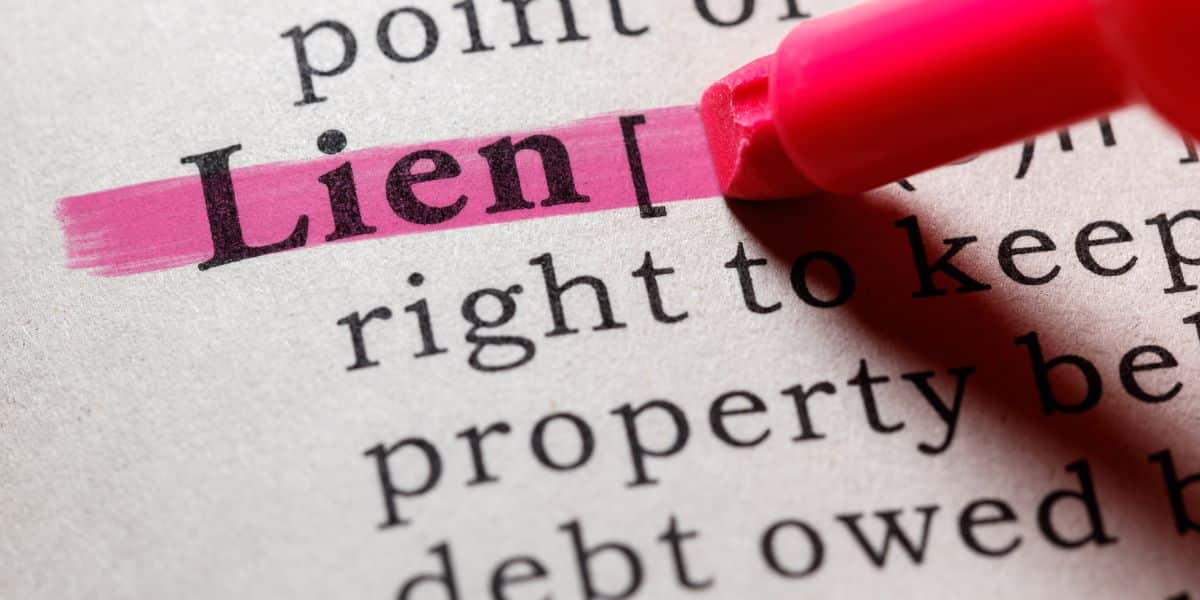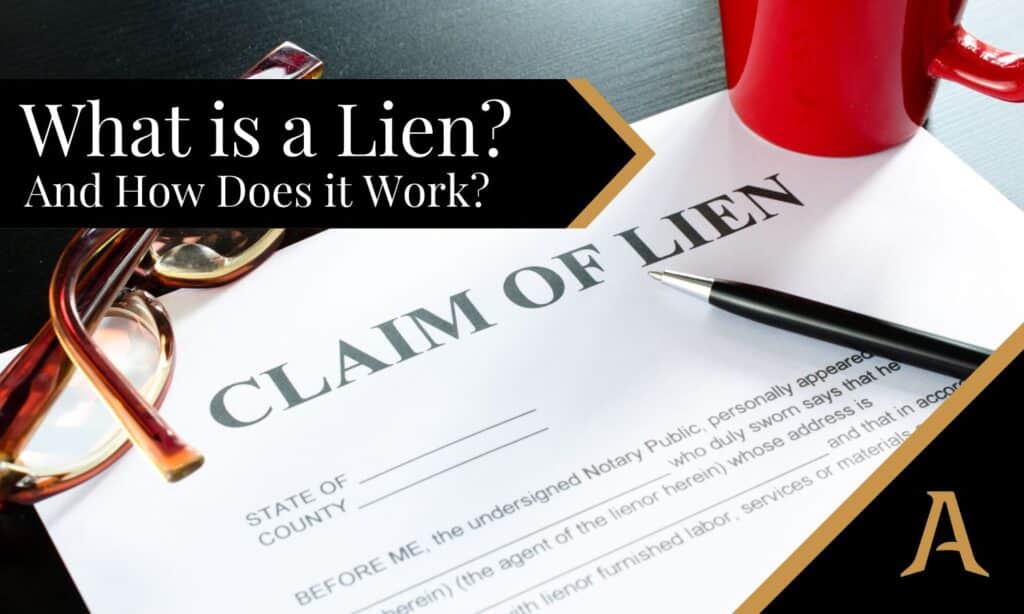If you do not repay a loan or credit card, a lien gives the lender or creditor the right to take your assets or property. You may be familiar with the term lien if you are a homeowner who has a mortgage. A lien is a legal claim that gives a creditor or lender the right to your property or assets if you fail to repay a debt.
As a way to protect lenders’ investments, liens can be used. They can also help creditors collect unpaid debts. This is just one of the reasons to have a title search done before buying real estate.
Learn how they are used and what the differences are between different types of liens.
How does a lien work?
If you provide collateral as security for a loan the lender will need to guarantee that they can take the property if you default. A lien helps creditors to do this.
Liens can be voluntary or involuntary.
- Voluntary Liens: Voluntary lien is one you accept, such as when you take out a car loan or mortgage. When you get a loan the lender has the right to take your house to recover the money they are owed until the loan has been paid in full. The mortgage liens are removed after you pay off the debt.
- Involuntary Liens: These are claims made by third parties against your assets, which you do not consent to. Involuntary liens can be placed by a court on your assets. They give a creditor a legal claim over what’s owed, and if not paid they could result in foreclosure.
Involuntary and voluntary liens accomplish the same task, but involuntary ones are considered to be derogatory because they are the result of nonpayment. Voluntary liens, like your auto loan or mortgage, are a result of borrowing. They provide a way to collect a debt if you default.
What are the different types of Liens available?
A lien is one of those real estate terms that you never want to hear. In fact, you can face several types of liens. Some liens, as mentioned above, are voluntary. Others, however, do not require your consent, because they’re lodged by creditors due to non-payment.
Here are the different types of liens and how they are established.
Real estate lien
Real estate liens give a creditor the right to sell or seize real estate if the borrowers default on their agreements. Mortgages are a common example of real estate liens. You agree to a voluntary lien when you borrow money to buy a house.
Other liens may be placed on your property. These can be voluntary or involuntary. A second lien will be placed on the property if you obtain a second mortgage or use equity to secure another loan. The lienholders, or creditors, would receive priority according to the date the lien was recorded. When you sell your house, lien priority is important. It also determines who will be paid first in the event of a liquidation or foreclosure.
Bank lien
A bank lien gives the bank legal rights to any assets that you pledge as collateral in exchange for a loan or debt, such as your home, car, or personal loans. The bank can sell the collateral to recover its losses if the borrower defaults on the loan.
Tax lien
A tax Lien is a lien that is placed on your property by default if you do not pay federal or state taxes. Tax liens have priority over other liens. They must be paid before any others. Tax liens from the federal and state governments can be placed on personal property, as well as other assets. Tax liens can force the sale of property if they go unpaid for a long time.
Judgment lien
A court will place a judgment lien on your assets or property if it finds that you owe money. Judgment liens can be filed by creditors who can prove that you have defaulted on a contract and owe money to them. If your property is sold, lienholders are paid out of the proceeds.
Mechanic or construction lien
This type of lien must be filed in court. It is placed on real estate for which a contractor or subcontractor performed work but was not paid by its owner. Construction or mechanic liens can only be filed on the property where the creditor performed work.
Child support lien
In most states, liens can be placed on the property of a parent who fails to pay child support ordered by a court. These liens may be placed on real estate, vehicles and bank accounts, among other assets. The lien remains in place until the overdue child support is paid, the child no longer qualifies for support or the custodial parents agree to remove the lien.
Learn how to choose a title company to check for lien on your property.

Do you have a lien on your credit report?
Liens no longer appear on your credit reports as of 2018. The loan that is associated with a lien, such as liens on real estate or bank accounts, will still appear on your credit report.
After a Consumer Financial Protection Bureau report revealed difficulties in reporting this information, the three national credit bureaus – Experian, TransUnion, and Equifax – have eliminated civil judgments and tax liens from their credit reports.
At this time, the only public records that appear in credit reports are bankruptcy. Records of Chapter 13 bankruptcy are kept on credit reports for 7 years after the date of filing; records of Chapter 7 remain for 10 years.
What happens if I don’t pay a lien?
A lien is removed when you pay it off. If you do not pay your lien, the lender or creditor can seize your property to cover the debt. If you fail to pay a lien on a property, your lender can sell the property in order to recover their losses. The sale proceeds will be used to pay off the lienholders if there is enough money to cover them.
Non-mortgage foreclosures can still happen, even though they are rare. The creditor will usually have to wait for you to sell your home or refinance before they can receive their money.
In the event that foreclosure proceeds don’t cover all outstanding debts, creditors may still pursue remaining balances. Liens can also be transferred to future or current properties owned by the borrower.
How an unpaid lien can negatively impact your credit
Unpaid liens do not appear on your report but they can still hurt your credit score because your lender will send your payment history to credit bureaus. A record of nonpayment may appear on your report. Your credit history, which accounts for 35%, is the main factor that determines your FICO score, the credit score 90% of lenders use.
Even though liens do not appear on your credit reports, they may still be found in public records. Unpaid liens found in public records could affect your credit score if a lender finds them.

How to remove liens
You have several options for removing a lien on your car, home or other property.
- The best way to get rid of a valid lien is to simply pay it. You can contact the lienholder and ask for the exact amount you need to pay to satisfy the lien. Your lender might be willing to work out a payment schedule.
- After you pay the debt off, ask your lender to sign a lien-release document releasing their claim against your property. The signed form should be filed at the county recorder office in your area to remove the lien.
- You may be able to negotiate with your creditors a lower settlement amount in exchange for one lump-sum payment.
- You can dispute the validity of the lien in court. A judge can dismiss the case if the lienholder cannot prove that the lien is valid.
Take care of your credit
While liens don’t appear on credit reports, missed payments do. These non-payments may damage your credit history. Make consistent, on-time payments for your debts to improve your credit score. Keep your credit card balances as low as possible, since your Credit Utilization Ratio (which measures how much credit you are using compared to your available credit) accounts for 30% of your score.
If you’re buying your next home or a place for your business, contact Arena Collective. The real estate title services provided by our experienced attorneys will make sure you don’t run into any unforeseen problems in the future.



